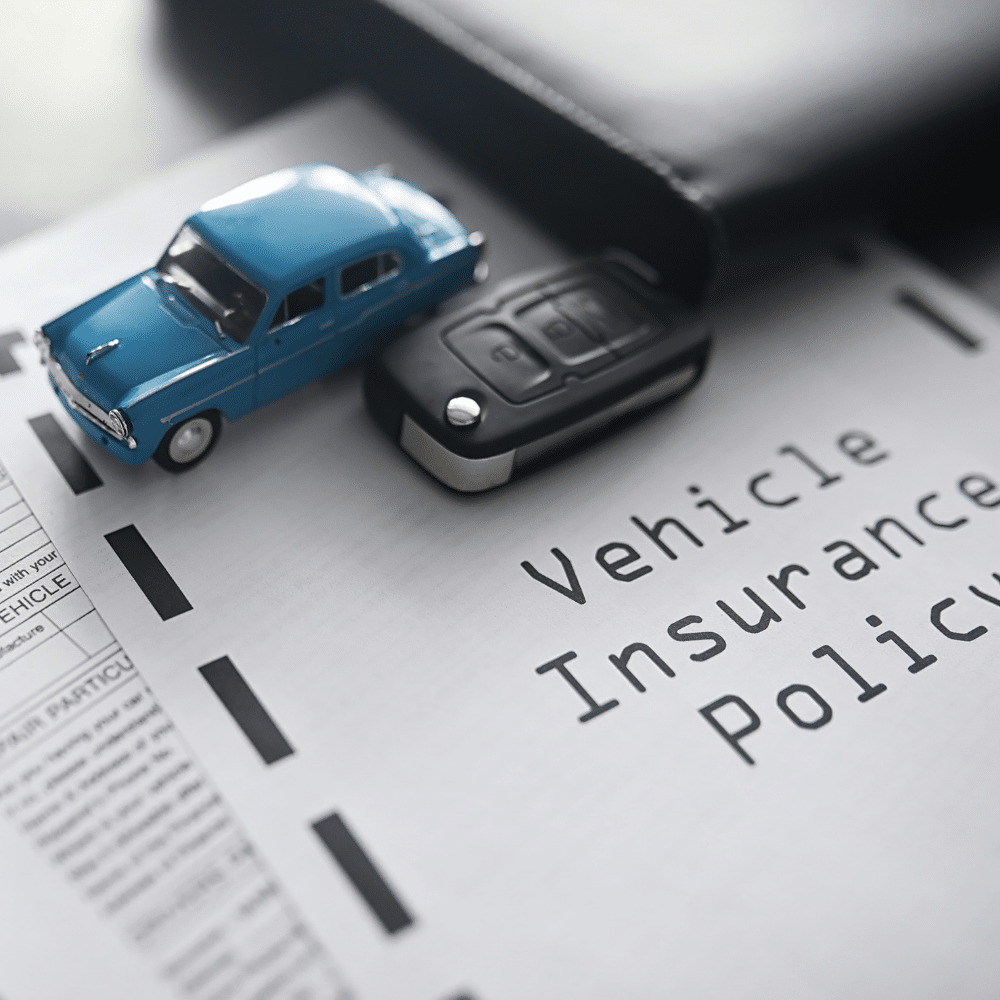
Understanding Auto Insurance Rates: What Factors Influence Your Premiums?
The cost of auto insurance can often feel like a mystery, leaving many drivers wondering why their rates are what they are. While insurance premiums can vary widely based on individual circumstances, several key factors play a significant role in determining how much you’ll pay for coverage. In this guide, we’ll delve into these factors to help you better understand why your auto insurance rates may be what they are.
Driving Record
Your driving record is one of the most influential factors in determining your auto insurance rates. Insurance companies assess your risk level based on your history of accidents, traffic violations, and claims. Drivers with clean records typically enjoy lower premiums, while those with a history of accidents or violations may face higher rates.
Age and Experience
Age and driving experience are also crucial factors in calculating insurance premiums. Younger and inexperienced drivers are statistically more likely to be involved in accidents, so insurance companies often charge higher rates to reflect this increased risk. As drivers gain experience and demonstrate safe driving habits, they may see their premiums decrease over time.
Vehicle Type and Usage
The type of vehicle you drive and how you use it can significantly impact your insurance rates. Factors such as the make and model of your car, its age, its safety features, and its likelihood of being stolen or vandalized all influence your premiums. Additionally, if you use your vehicle for business purposes or extensive commuting, you may face higher rates due to increased mileage and risk exposure.
Location
Where you live also plays a role in determining your auto insurance rates. Insurance companies consider factors such as population density, crime rates, and the frequency of accidents in your area when calculating premiums. Drivers in urban areas or regions with high rates of vehicle theft or vandalism may face higher insurance costs than those in rural or low-crime areas.
Credit History
Believe it or not, your credit history can impact your auto insurance rates. Insurance companies use credit-based insurance scores to predict the likelihood of a policyholder filing a claim. Drivers with higher credit scores typically receive lower insurance premiums, while those with lower scores may face higher rates.
Coverage Options
The type and amount of coverage you choose also affect your auto insurance rates. While state minimum requirements vary, opting for additional coverage options such as comprehensive, collision and uninsured/underinsured motorist coverage will increase your premiums. Conversely, choosing higher deductibles can help lower your rates, but it’s essential to balance cost savings with adequate coverage for your needs.
Conclusion
While auto insurance rates may seem complex, understanding the factors that influence them can help you make informed decisions when shopping for coverage. By maintaining a clean driving record, choosing the right vehicle, and exploring available discounts, you can potentially lower your premiums without sacrificing the protection you need on the road.
Remember, every insurance company weighs these factors differently, so it’s essential to compare quotes from multiple providers to find the best coverage at the most competitive rates. If you have questions or need assistance navigating the world of auto insurance, don’t hesitate to reach out to Nickerson Insurance Agency. Our experienced agents are here to help you find the right coverage for your needs and budget.

Contact Us
We Are Here To Help
At The Nickerson Agency, we pledge to our clients that we will make you feel valued and supported at all times while working with us.
Contact us today for a free quote and consultation from our experienced team of insurance
professionals!

